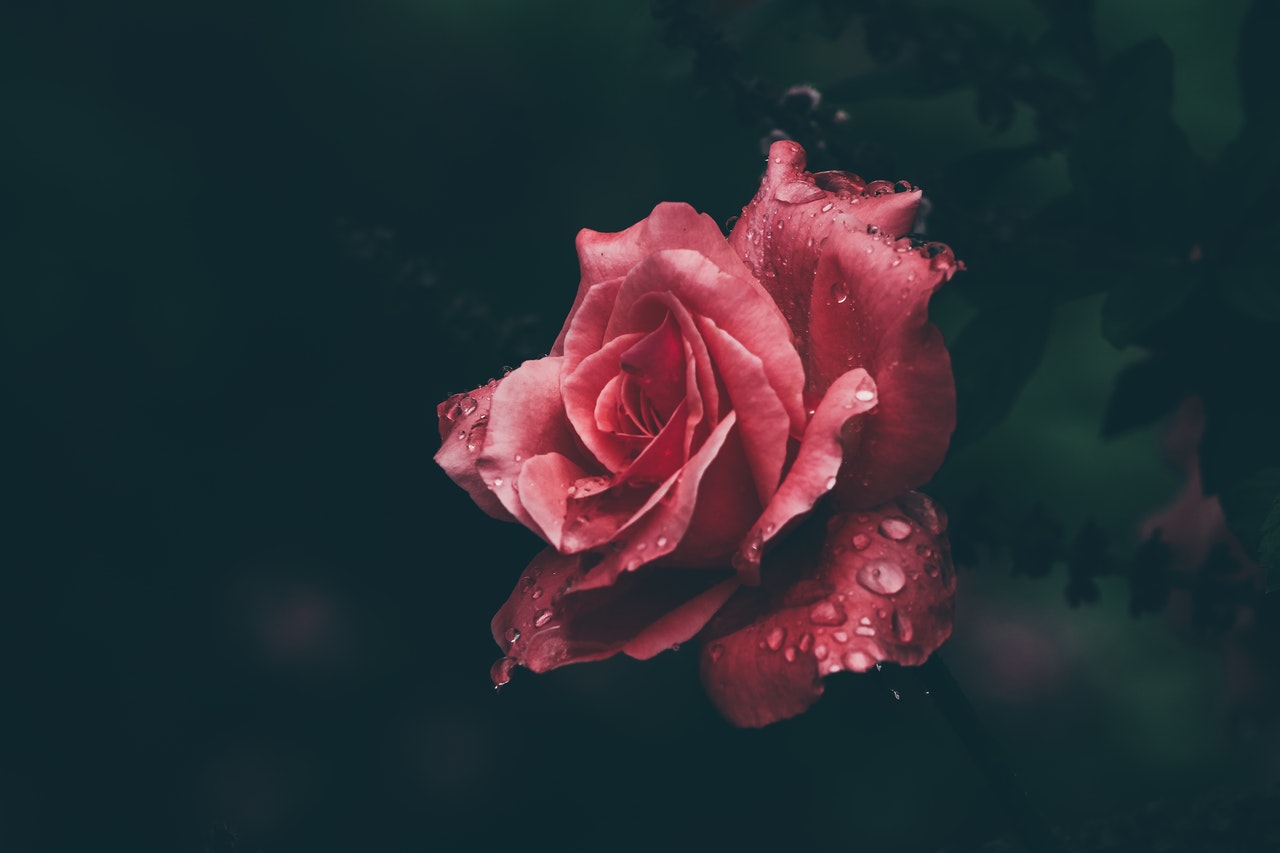In The Great War, parsleys stand proudly upright, resembling trees in a dense forest. With the help of a sprayer, rain pelt down mercilessly on toy soldiers holding little machine guns. We stare awestruck as animated objects tell us a story about soldiers during the First World War. With mouths agape, we sit down with performer Herman Helle to know more about the play.
What can we expect from The Great War?
The Great War is about the life of the soldiers in the trenches of Europe during World War I. We do that with miniature battlefields, sugar, parsley, little guns, little cannons, puppet soldiers which are about 10cm high, and small surveillance cameras. We’re making live animation, using simple props to create realistic effects such as explosions. There will be a composer on stage too. We also have letters from real soldiers which tell of what happened then.
What kind of dramatic elements will drive the play?
There are several. The landscape at first is a beautiful portrait of Western European villages. During the play, it gets destroyed and becomes more like hell. Another important part is the sound. The soundman will have sounds on his computer, but he’ll also use objects to make “live” sounds for horses and the wind. There are also the surprise factors that’ll drive the play. For example, the scene may be peaceful one moment, and the next, you’re in a middle of a tremendous attack, with lots of noise and explosions. People may get the feeling that we’re just grownups playing with puppets in the beginning, but after a while, they believe in the story. Because they know what they see is not real, they use their imagination and get very involved. These are the elements that’ll drive the play.
Is the play going to be cinematic and dark, or is it hopeful?
It is not very hopeful. There is a scene of dead soldiers, where you will see snow and rain. You see that war is over and life goes on, but still, there are people lying beneath the earth. The ending is not so much hopeful but sad and melancholic.
Why do you choose World War I as the subject for this show, and not other wars, like World War II?
We wanted to do a universal story about all wars. The First World War was the first real modern war in Europe. Machine guns, poison gas, tanks, airplanes, submarines and torpedoes were used for the first time and in a way, the war says something about all wars in general. But the Second World War was much more complicated. There is the Holocaust, the Germans and more. It’s very hard to tell a general story using the Second World War. It’s easier to talk on a more general and universal level with the First World War.
How did you go about researching for The Great War?
Coming from The Netherlands, we did have to do quite a bit of research. Holland was neutral, while Europe was at war at that time. We had to read a lot and look at documentaries. We also went to the battlefields in Belgium and France. We saw the trenches, the ruins, the barbed wires and the forests.
So where has the show been performed at?
Besides Holland, we have performed in France, Spain, Slovenia, Poland, Germany, Britain and Italy. Singapore is our first stop in Asia, and I’m happy to visit the place where my father had spent part of his life at. He was a prisoner of war at Changi Prison.





